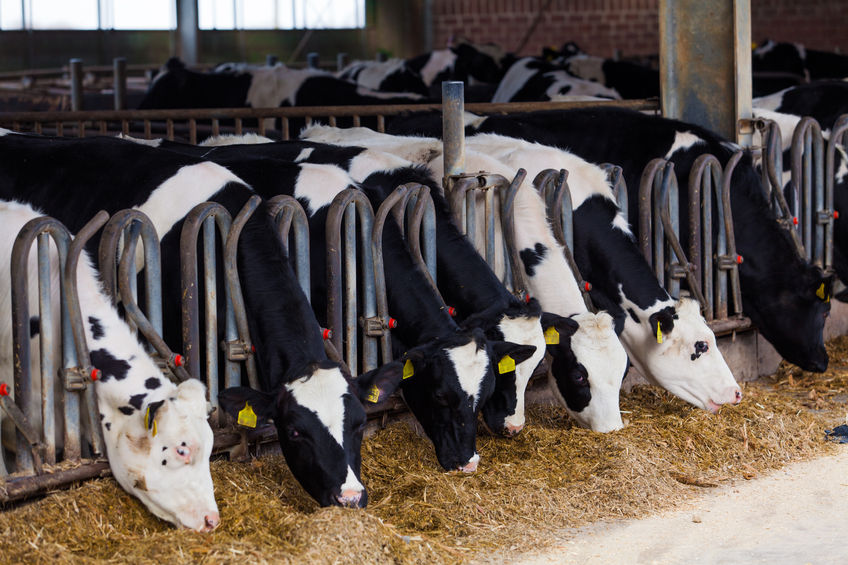
Defra's response to a dairy labour survey has sparked fresh hope it may consider helping the sector recruit more workers into the industry.
In a letter to the Royal Association of British Dairy Farmers (RABDF) last month, farming minister Victoria Prentis thanked the body for highlighting the labour challenges in a report that was submitted to the government earlier this year.
While she acknowledged the RABDF’s disappointment dairy workers were not included on the MAC Shortage Occupation List (SOL), she said it was something they were monitoring.
She said: “The UK labour market has changed rapidly in recent months, and we need time to monitor the impact of the new Skilled Worker route and how the economy recovers post-Covid.
“Defra is working closely with the Home Office to ensure there is a long-term strategy for food and farming workforce as part of future immigration policy.
“We are still considering the report you have provided alongside your offer to meet to discuss the issues it raises and will write to you again shortly once this consideration is completed.”
Although the letter said they did not plan on making any widespread changes to the SOL in the short-term with regards to medium-skilled occupations, the RABDF is still hopeful there may be some help there for producers.
The group's managing director Matt Knight said the labour shortage was a 'widespread problem' throughout the entire agricultural supply chain.
"We hope with more evidence and the fact Ms Prentis said they were ‘monitoring the situation’, they will step in before we see more farmers exit the industry," he said.
“Having access to new foreign labour restricted has been a massive blow to the sector and particularly those larger operators who rely on foreign workers, with our survey identifying 11% of farms recruiting foreign workers.
“Our aim would be for the home office to include skilled dairy workers on the MAC SOL in the short-term while the industry works on longer-term solutions to recruit suitable candidates from the domestic workforce,” he said.
Research by the RABDF has highlighted more needs to be done to promote farming as a career in schools, with one of the main limiting factors to recruiting domestic labour being the image of long and unsocial working hours.
Mr Knight said the body was in the process of creating literature that could help dairy farmers promote the sector's positive image, improve interaction and recruit the workers and retain them.
"The literature will contain simple advice on the use of social media, improving the image of dairy farming by making sure farms are always presentable," he said.
"It will also include back to basics skills on interview techniques, writing a job description, holding open days and farm walks and selling your farm as a place to work.”
The RABDF is also working on some other medium-to-long-term solutions, which will be announced in due course.
Mr Knight added: “We appreciate the dairy sector needs to address its underlying lack of attractiveness as a career option to the domestic workforce.
"However, there is no short-term fix for this. It will require a change in practices on dairy farms, education and promotion of dairying farming as a career to non-farmers, which all take time.”
